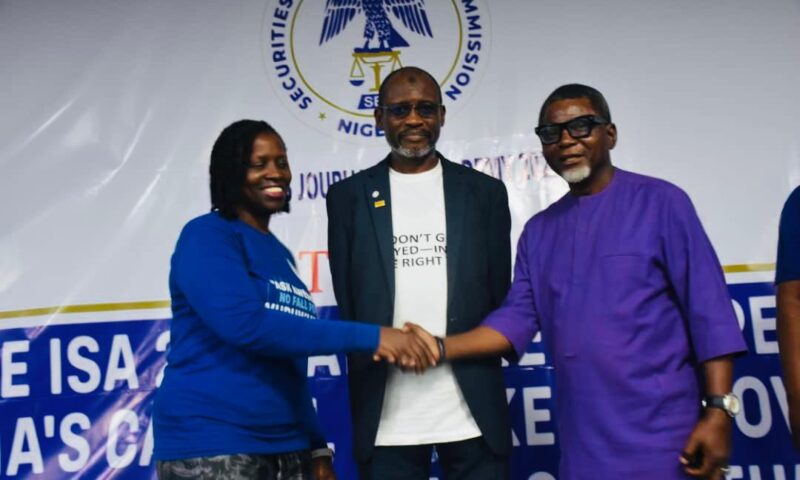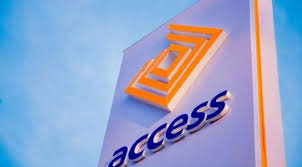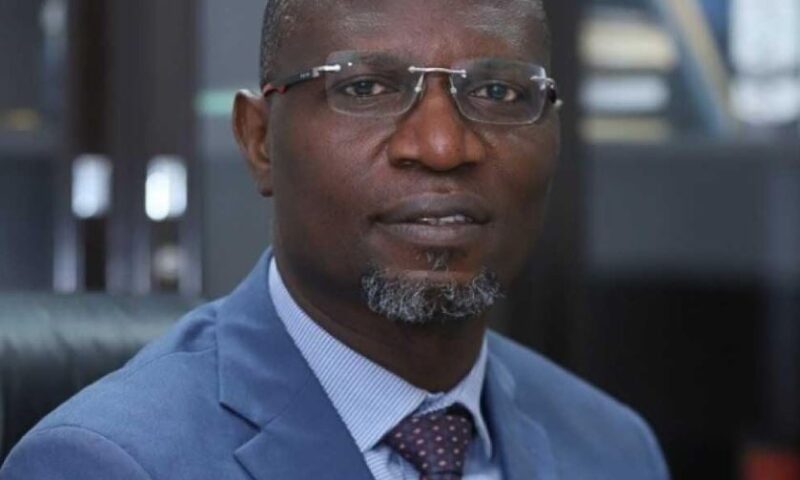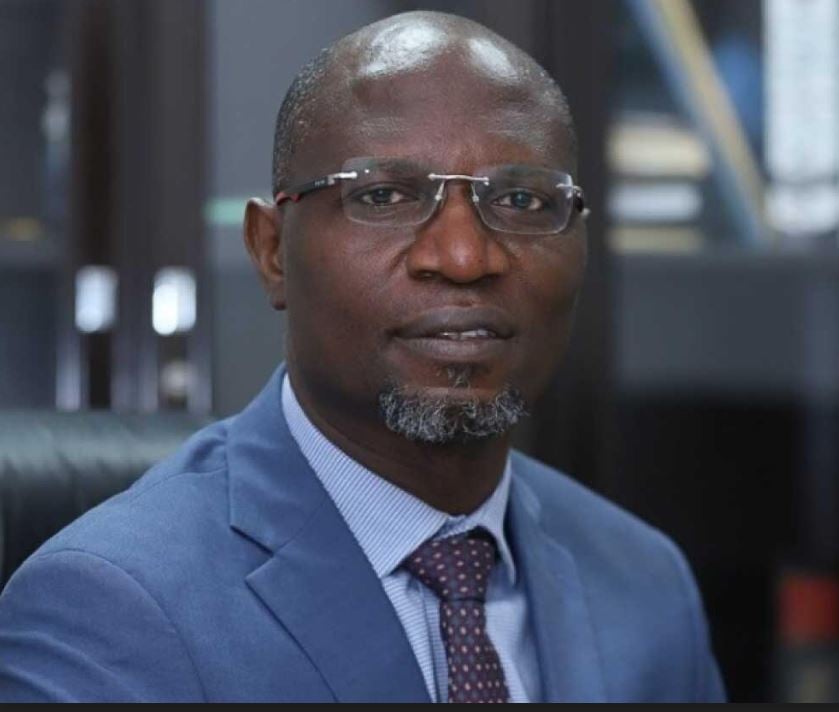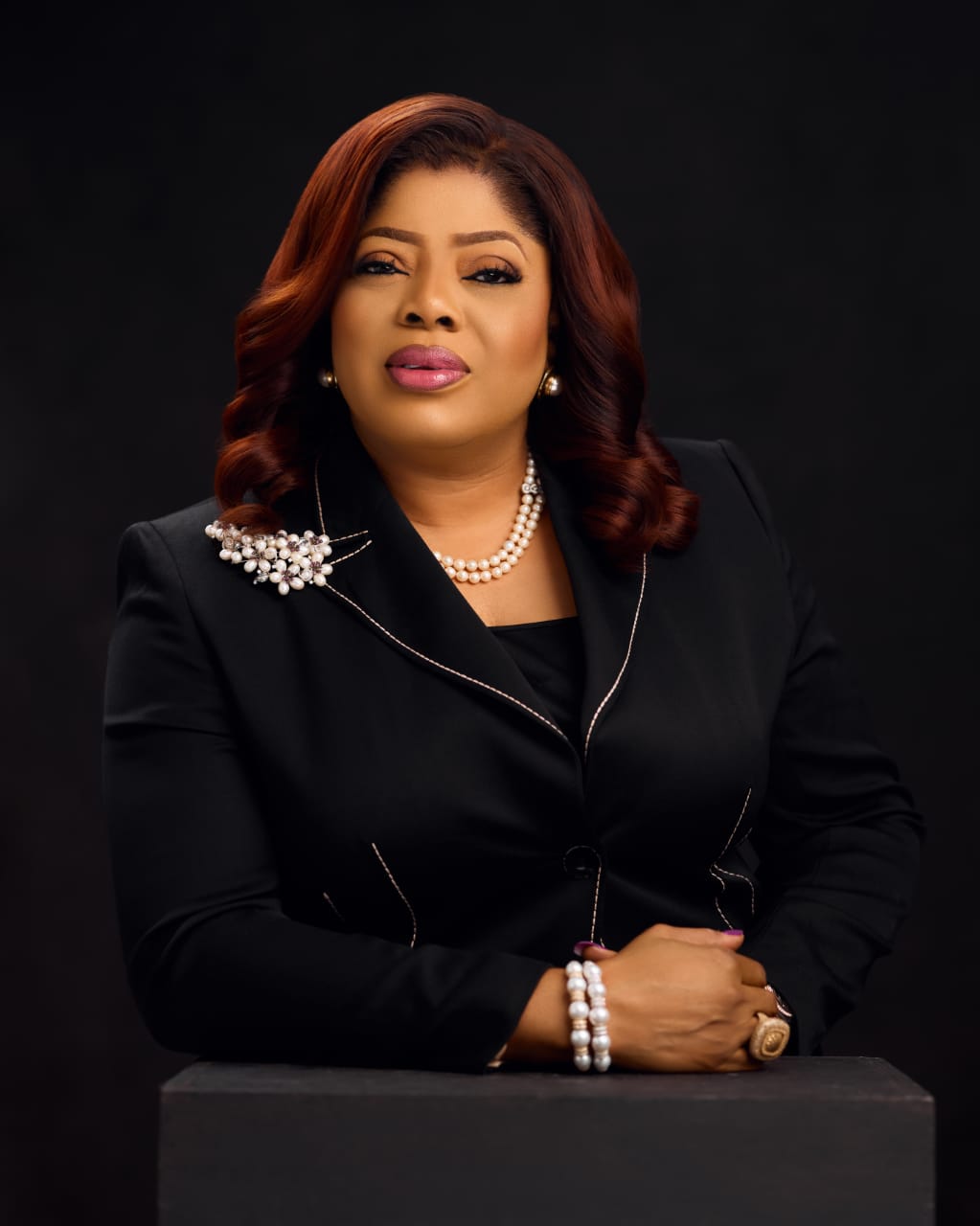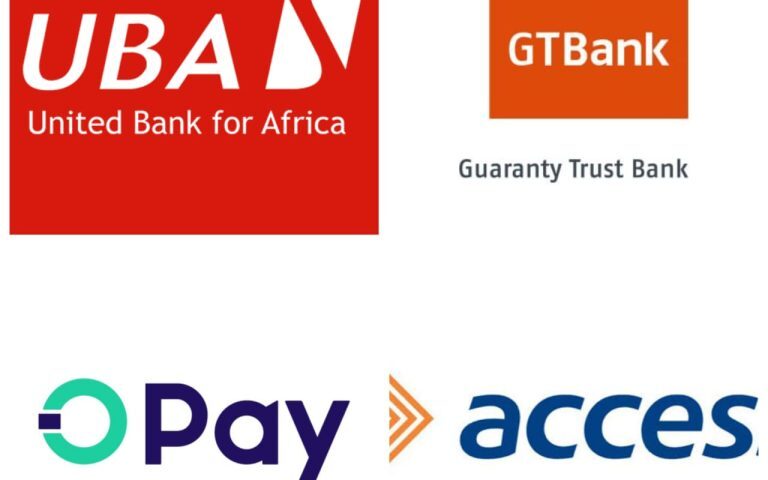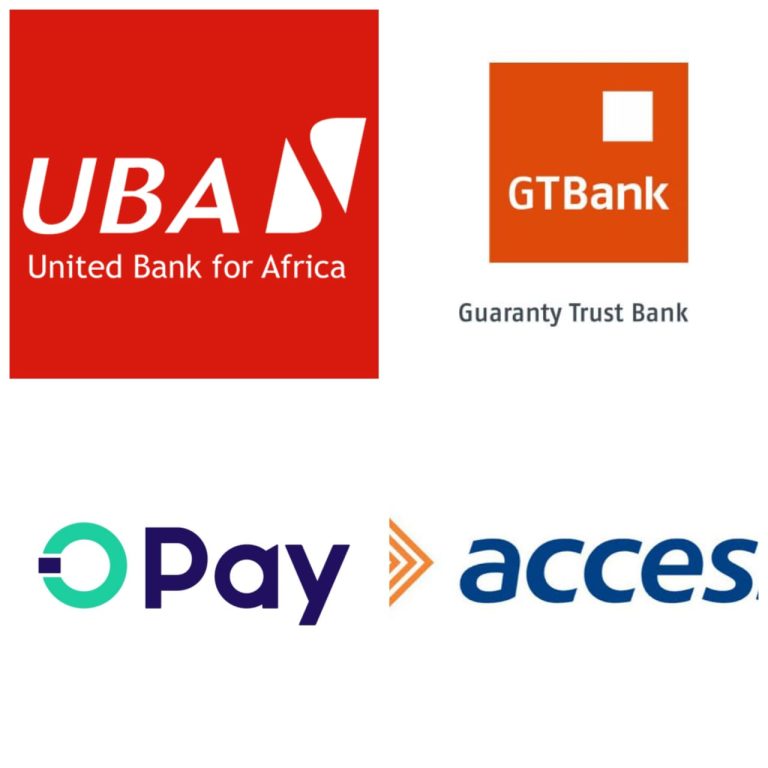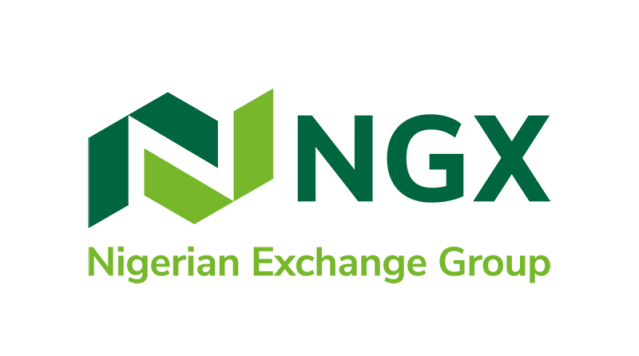In a desperate move to recover a whooping sum of N1, 133, 808, 604. 31 billion, fraudulently removed by some customers, UBA, Gtbank, Access Bank and 41 other banks in Nigeria have been dragged before a Federal High Court Lagos by Lotus Bank.
Lotus Bank, in its motion on notice filed before the court confirmed that the money was removed on July 20, 2024, while it experienced system failure named ‘a system glitch’, due to a rollback fix carried out on its E-Bills Pay platform.
The bank also admitted that during the ‘system failure’, 718 customers who made successful withdrawals and transfers from their accounts knew that they did not have the amounts in their accounts with the bank.
To salvage the unlawful withdrawal caused due to the ‘system glitch’, the 45 banks dragged before the court by Lotus Bank over the massive financial woe are: Palmpay Payment Services Ltd; Moniepoint Microfinance Bank Ltd; Opay Digital Services Ltd; United Bank For Africa Plc; Guaranty Trust Bank Ltd; Access Bank Plc; (formerly Diamond); Payment Service Bank Ltd; Wema Bank Plc; Kuda Microfinance Bank Ltd; Fairmoney Microfinance Bank Ltd and Sterling Bank Ltd.
Others include: Stellas Digital Bank Ltd; First Bank of Nigeria Ltd; Renmoney Microfinance Bank Ltd; Unity Bank Plc; First City Monument Bank Ltd; Beststar Microfinance Bank (Nig) Ltd; Globus Bank Ltd; Carbon Microfinance Bank Ltd; Jaiz Bank Plc; VFD Microfinance Bank Ltd; Premium Trust Investment Ltd; Pagatech Ltd; Keystone Bank Ltd; Stanbic-IBTC Bank Plc; Stanbic-IBTC (Ease Wallet); TAJ Bank Ltd and Providus Bank Ltd.
Others include: Union Bank of Nigeria Plc; kegow (Chamsmobile Ltd); Ecobank Nigeria Ltd; Smartcash Payment Service Bank Ltd; Amucha Microfinance Bank Ltd; Sparkle Microfinance Bank Ltd; Kredi Money Microfinance Bank Ltd; Alternative Bank Ltd; Lotus Bank Ltd; Gomoney Inc.; Paystack-titan (Paystack Payments Ltd); Momo Payment Settlement System and three others.
The suit according to Lotus Bank is pursuant to Order 3 Rules 1 6, and 9 of the Federal High Court (Civil Procedure) Rules 2019 and under the court’s inherent jurisdiction.
It asked the court the following questions for determination: “whether having regard to the Central Bank of Nigeria Guideline No. BPS FIRGEN/CIR/02/004 of 2015; BPS/FIRGEN/CIR/05/011 of 2018; Section 10.2.2-10.2.4, 10.3, 10.4 of the CBN Regulations, the Ist to 45th Defendants are not mandated to place a lien on the sums standing in the respective accounts of the 1st- 45th defendants’ customers/account holders.
“Whether having regard to the Central Bank of Nigeria Guideline No. BPS/FIRGEN/CIR/02/004 of 2015; BPS/FIRGEN/CIR/05/011 of 2018; particularly Section 10.2.1 of the Regulations, the Plaintiff is not entitled to a refund of all the funds illegally transferred into the respective accounts of the 1st-45th Defendants’ customers/account holders in the document. marked as Exhibit 1 attached herewith and domiciled with the Defendants where such funds are still available in the customers’ accounts
“Whether having regard to the Central Bank of Nigeria Guideline No. BPS/FIRGEN/CIR/02/004 of 2015; BPS/FIRGEN/CIR/05/011 of 2018; Section 10.2.2-10.2.4, 10.3, 10.4 of the CBN Regulations, where the sums in the customers’ accounts are not sufficient to cover the sums illegally transferred, the 1st-45th Defendants are not mandated to place a lien on any of the sums illegally transferred into the accounts of the customers/account holders domiciled with one or more of the Defendants and more fully shown in the document marked as Exhibit 1 attached herewith, until the entire sums are fully recovered and repaid to the Plaintiff.”
The bank states that upon the determination of the above questions, it pray the court for the following reliefs against the listed banks jointly and severally: “a declaration that by the Central Bank of Nigeria Act 2007, the Central Bank of Nigeria Guideline No. BPS/FIRGEN/CIR/02/004 of 2015; BPS/FIRGEN/CIR/05/011 of 2018; Section 10.2.2 -10.2.4, 10.3, 10.4 of the CBN Regulations, the 1st-45th Defendants has a duty and obligation to protect the banking and payment industry from abuse by dishonest users and to take reasonable steps to forestall any damages of the banking and – payment system whenever any abuse or fraud is within their knowledge or has been brought to their attention.
“A declaration that having regard to the Central Bank of Nigeria Guideline No, BPS/FIRGEN/CIR/02/004 of 2015;
BPS/FIRGEN/CIR/05/011 of 2018: Section 10, 2.2-10.2.4, 10.3, 10.4 of the CBN Regulations, the Plaintiff is entitled to a refund of all the funds illegally transferred into defendants customers/account holders more fully shown in the document marked as Exhibit 1 attached herewith where such funds are still available in the customers’ accounts.
“An order directing the 1st-45th defendants to immediately reverse and pay to the Plaintiff the sums wrongfully, illegally and illicitly debited from the Plaintiff and transferred into the 1st-45th Defendants customers’ accounts listed in Exhibit 1 in the aggregate sum of N1,133,808,604.31 (One Billion, One Hundred and Thirty-Three Million, Eight Hundred and Eight Thousand, Six Hundred and Four Naira, Thirty-One Kobo) domiciled with one or more of the 1st-45th Defendants or any amount subsequently recovered until the entire sums are fully recovered.
“And such further or other orders as the Court may deem fit to make in the circumstance.”
Lotus Bank supported the motion with 19 paragraphs affidavit deposed to by Gbenga Ojerinde, a Fraud Investigation Officer with the bank. The suit is also attached with a written address and some documentary exhibits.
Some of the banks listed as defendants in the suit, have filed their responses to the suit.
However, the Presiding Judge, Justice Daniel Osiagor has adjourned the further hearing of the suit to December , 2025.
Parts of the aveerments in the affidavit read: “On 20th July 2024, the Plaintiff experienced a system glitch due to a rollback fix carried out on its E-Bills Pay platform. The said rollback fix was carried out to address a previous complaint but led to unintended and unexpected behaviour that allowed the Plaintiff’s customers to initiate transfers to other banks and financial institutions without the accounts of those customers being debited The outcome was that certain customers made multiple transfers to account? held with the Defendants in excess of the balances those customers had in their accounts with the Plaintiff.
“This glitch affected 718 customers of the Plaintiff who made successful withdrawals and transfers from their accounts knowing that they did not have in their accounts with the Plaintiff the sums they were transferring and succeeding in those transfers only because their accounts were not being debited.
“The initial financial exposure of the Plaintiff from this incident is about N1,133,808,604.31 (One Billion, One Hundred and Thirty-Three Million, Eight Hundred and Eight Thousand, Six Hundred and Four Naira, Thirty one Kobo) Now shown to me marked Exhibit 1 is the schedule providing detailed information of the affected customers of the Plaintiff, the Refund Amounts and the banks/other financial institutions warehousing the funds of the affected customers.
“The Plaintiff reported the issue of the system glitch and the resulting Erroneously Retained Credits to the Nigeria Inter-Bank Settlement System Plc (NIBSS), which is the Nigeria central switch responsible for the interoperability of the various players in the banking sector, including banks, mobile service operators, non-banking financial institutions, payment terminal providers, card acquirers, etc. And their customers…
“…… However, the said beneficiaries were not debited by the Plaintiff for the said transactions and in lieu retained the credit values. Consequently, the Plaintiff is entitled to receive the value of the respective Refund Amounts from the accounts of the beneficiaries of the Erroneously Retained Credits.
“I know that the courts provide a remedy where there is a wrong and that an Order of this Honourable Court is required to remedy the Plaintiff’s situation to enable the Plaintiff recover the erroneously Retained Credits in the accounts of the affected beneficiaries.
“I also know that the justice of this case demands that the beneficiaries of the” Erroneously Retained Credits are prevented from unjust enrichment in the circumstances of this matter.
“The plaintiff seeks the reliefs sought in this Originating Summons to place restrictions on the said accounts and reverse the Erroneously Retained Credits to the Plaintiff,
” know it is in the interest of justice, equity and fairness that the reliefs sought by the Plaintiff are granted by this Honourable Court.
“I, Gbenga Ojerinde, do solemnly declare that I depose to this affidavit conscientiously believing the same to be true in accordance with the Oaths Act.”




